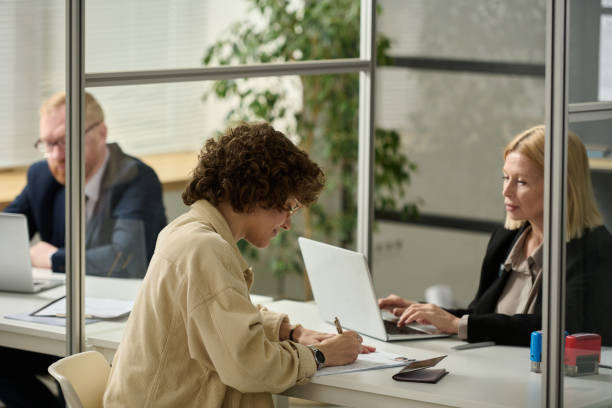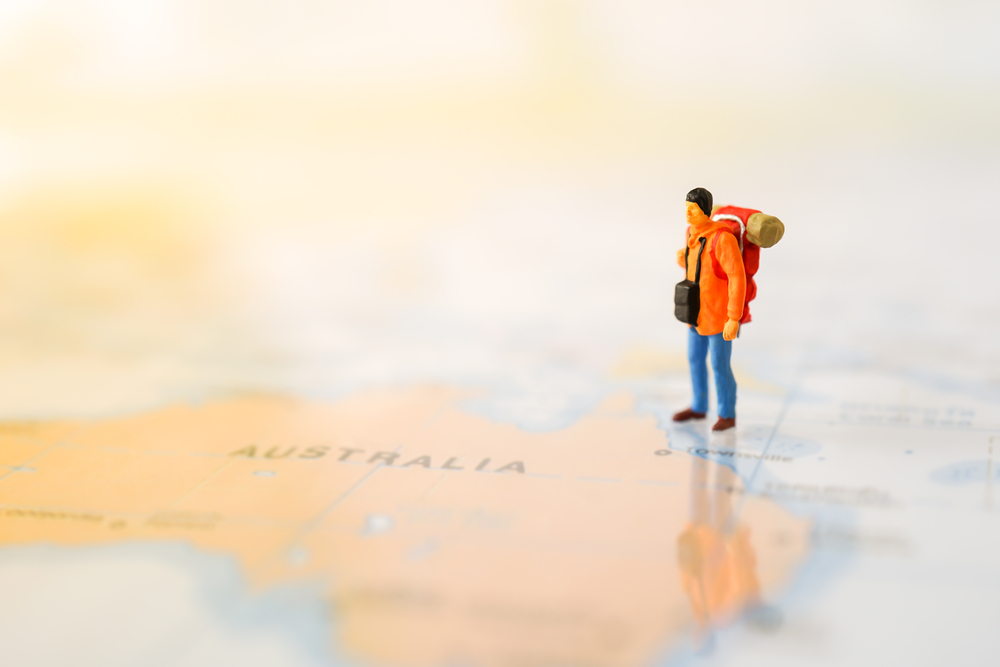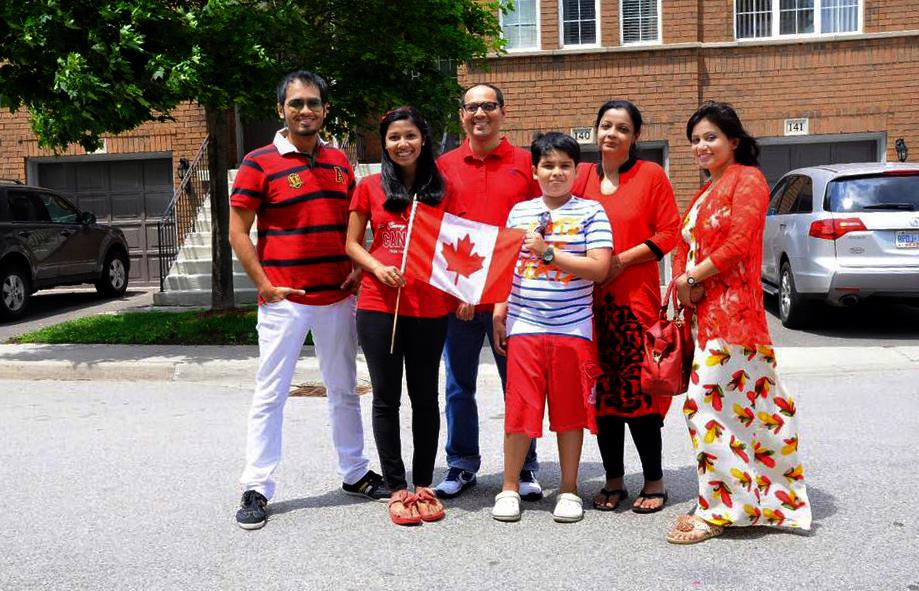Are you preparing for a forthcoming trip to the U.S.? Before your travel dreams become a reality, you must complete the B-1/B-2 visitor visa application and receive your visa to enter the U.S.
Meanwhile, the most crucial factor is whether or not the U.S. consular officer is convinced that you will use the visa purposefully, most likely for a visit, business, or medical treatment. This implies that you’ll need to show that you will return to your home country after your suggested trip.

Also, you must demonstrate that you will not accept jobs in the U.S. and will do what you stated you will be doing. Applying for a visitor visa can seem complicated, but it doesn’t have to be!
So, we’ve put together some great tips to help you improve your chances of approval and navigate the entire travel process confidently. Below are some tips to help you raise the bar in getting approval for your U.S. visitor visa application.
1. Have strong ties to your home country
When you apply for a U.S. visitor visa to the immigration officer, you’re assumed to be an intending immigrant. You must be ready to prove that you plan to return to your home country after your trip.
To achieve this, you must demonstrate that you have strong ties to your home country, which you can prove in a variety of ways, including:
- Proof of property ownership
- Proof of business ownership
- A recent copy of your federal tax return
- Three months of most recent payslips to your job in your home country
- A letter from your current employer which states that you’ll still be a full-time employee upon your return to your home country
- A recent bank statement, proof of current enrollment in school, or courses
- If you are married, provide evidence of family (wife and children) in your home country.
- Your return ticket is booked.
2. Be financially capable to cover your trip expenses
The U.S. government does not permit visitors to work in the country. As such, the immigration officers want to ensure that you have adequate money to cover your expenses for your stay.
You must provide documentation showing you’re financially strong to finance your trip. If you are staying with a friend or family member, ensure you have documents to verify that your trip expenses will be less by including a signed letter from your friend/family member explaining that they will cover your room and feeding expenses.

3. Have documentation to prove the reason for your visit
You must provide supporting documentation if you’re visiting the U.S. for a particular reason. For instance, have your tickets and itinerary ready if you want to see the Grand Canyon.
Additionally, if it’s a business conference you’re attending, have your invitation or ticket confirmation handy. Bring your invitation if you’re visiting for a wedding or another event.
4. Explain your relationships with people in the US
During your visitor visa interview, immigration officers may ask if you have connections with people in the United States. This is to verify that you plan to stay in the country for a while.
If there are any, ensure you explain your relationships and demonstrate that you don’t plan to stay in the U.S. outside your scheduled trip. If your immediate relatives are in the U.S., be prepared to submit further proof of your ties to your home country so the officer is confident you are not planning to remain in the country permanently.
Immigration officers sometimes have to search through travelers’ phones. So, ensure that nothing is misleading on your phone that could suggest you plan to stay in the U.S. for a prohibited reason.
It’s the same for your social media. Officers are likely to pull up your social media profiles to ensure the information you present to them matches your online presence.
6. Reach Out to Family and Friends
If any of your family members or friends have applied for a U.S. visitor visa before, asking them about their experiences is valuable! Each application and case is different, but hearing the problematic or unexpected things about the visa process from others can be beneficial.
If you have friends or relatives you plan to visit in the U.S.; they may even improve your chances of approval by writing a letter of invitation to include in your application. A letter of invitation is not necessary for the B1/B2 application, but it can demonstrate to the U.S. government that you have a place to stay in the country.
7. Practice for the Visa Interview
The last crucial step in the U.S. visa process is the visa interview! Before receiving your visa, you must attend the interview at your local U.S. Embassy or consulate. During the interview, a consular officer will ask numerous questions about your planned trip and life in your home country.
The officer will also verify the information you’ve provided in your application. Interviews can feel incredibly stressful, so ensure you prepare ahead of time and put your best foot forward!
Reviewing your application details and gathering any supporting documents you feel may strengthen your case before interview day is essential. You can practice your responses with our Top U.S. Visa Interview Questions and Answers.

Steps to Apply for a U.S. Visitor Visa
- Visit the official website of the United States Citizenship and Immigration Services (U.S.C.I.S.).
- Complete and submit the DS-160 Form.
- Print out the confirmation page.
- Upload your passport photograph as required. It must meet specific requirements for approval.
- Pay the U.S. visa fee and print your receipt.
- Schedule a date for your visa interview at a U.S. consulate or embassy.
- Go to your interview with all the necessary documents.
- You will provide your biometric information, such as your fingerprint and facial photo.
After completing the above steps, you will wait to hear the embassy’s decision on your visa application and let you know if it is approved.
What documents do I need to apply for a U.S. visitor visa?
While going for your visa interview, you’re expected to come with the following documents:
- Passport photographs
- A valid international passport (valid for at least the next six months)
- Confirmation page of your DS-160 form application
- Your interview schedule confirmation
- Financially strong bank statement
- Receipt of your paid visa fees
- Documents showing the purpose of your trip (conference or contract letter for a business trip, hotel bookings, and flight ticket)
- Proof of home ties, including properties or close relationships in your home country
- Proof of no previous criminal record or convictions
If the embassy requests, you may need to provide other case-specific documents not listed above.
Final Thought
Following these seven helpful tips above, you will have a good shot at improving the chances of your U.S. visitor visa approval. We hope you found it useful!
Frequently Asked Questions
Can I get a U.S. visa without a bank statement?
Having a solid bank statement is an essential requirement. If you don’t have it, you may have to provide another proof of funds.
How is my U.S. visa approved?
You’ll get a message from the embassy if your application is approved or denied. Also, you can continuously check with the embassy.
Can a cancelled visa be reinstated?
Yes, you can have a cancelled visa reinstated only in certain circumstances. For instance, if you win an appeal in a tribunal or court. However, there is no room for an appeal regarding a visitor visa. So it’s better to reapply later.
How long do the U.S. visitor visas take to process?
Visitor visa processing time can vary from a few weeks to a few months. If you have a specific date that you need to be in the U.S., apply as early as possible to allow enough time for the visa to be processed.
Do I need to obtain health insurance as a visitor in the U.S.?
No. Purchasing health insurance is not required by U.S. authorities to issue a visa. However, considering the high costs of the American healthcare system, it’s best to get health insurance before travelling to the United States.
For how long is the U.S. visitor visa valid?
U.S. visitor visas are issued for one month up to 10 years. The maximum stay on a visitor visa is six months, but remember that you cannot work during that time, so you must prove you can afford to stay for that period.
Can I get a green card with a visitor visa?
Since visitor visas are temporary and require proof that you will return to your home country, it is challenging to obtain permanent residence. You can do so only if you can change your status to a longer-term visa, which allows dual intent (applying for a Green Card), marrying in the U.S., or applying to join your family.
Can I bring my dependents with a visitor visa?
The visitor visas do not have dependents visas, so if you want to travel with your family, they must also get the appropriate visitor visas.


